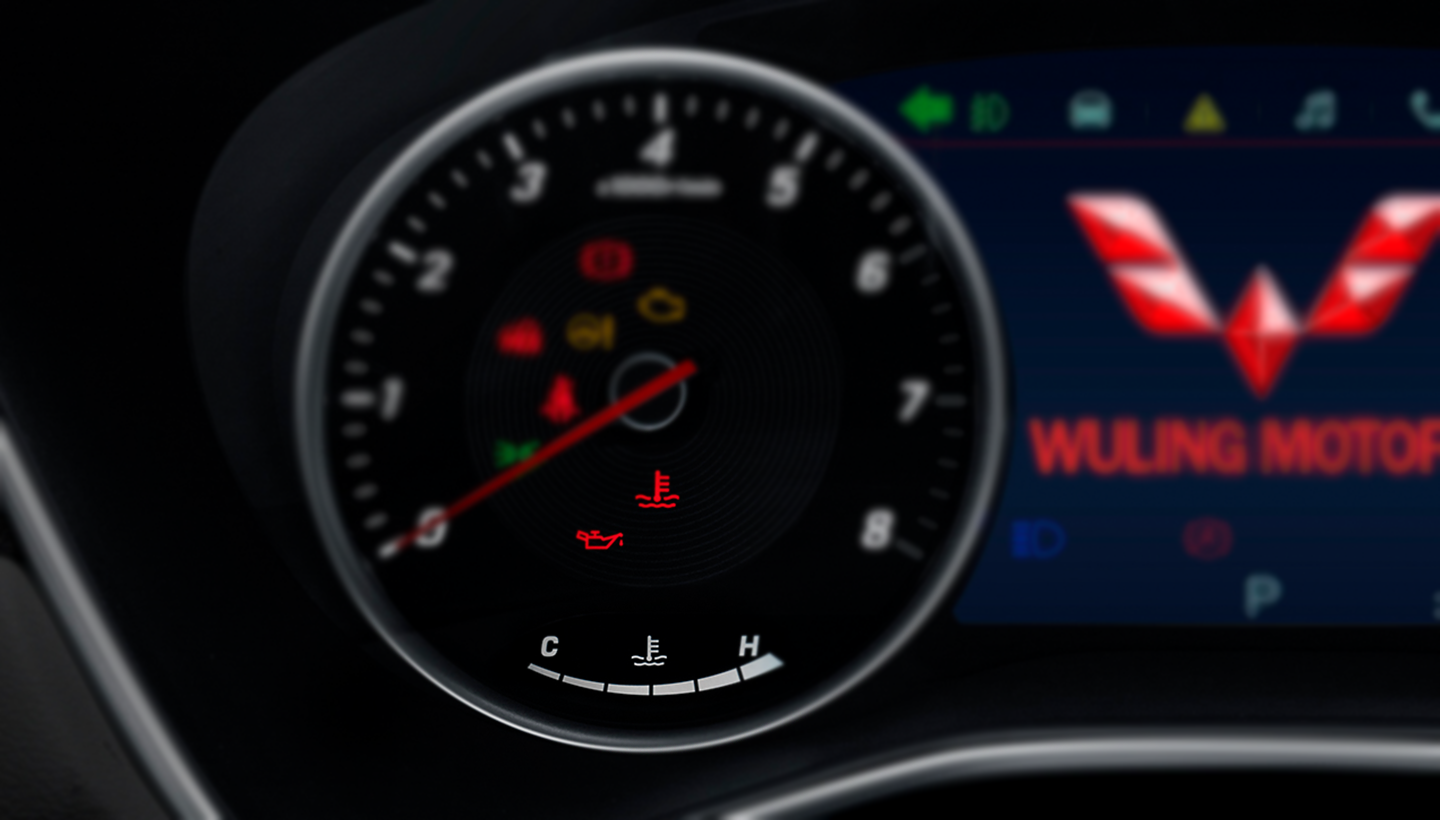
Have you ever been in a condition where your car’s temperature suddenly rises? Or even worse, the engine emits smoke, obviously causes panic for everyone involved? This condition is very annoying, especially if you don't know what has caused the car’s temperature to rise in the first place.
Car overheating may occur notably if your car does not get proper maintenance. This situation should be immediately resolved, as it can result in permanent damage to your car. To prevent this situation, it’s a good idea to know some possible causes that can overheat your car.
Radiator Water
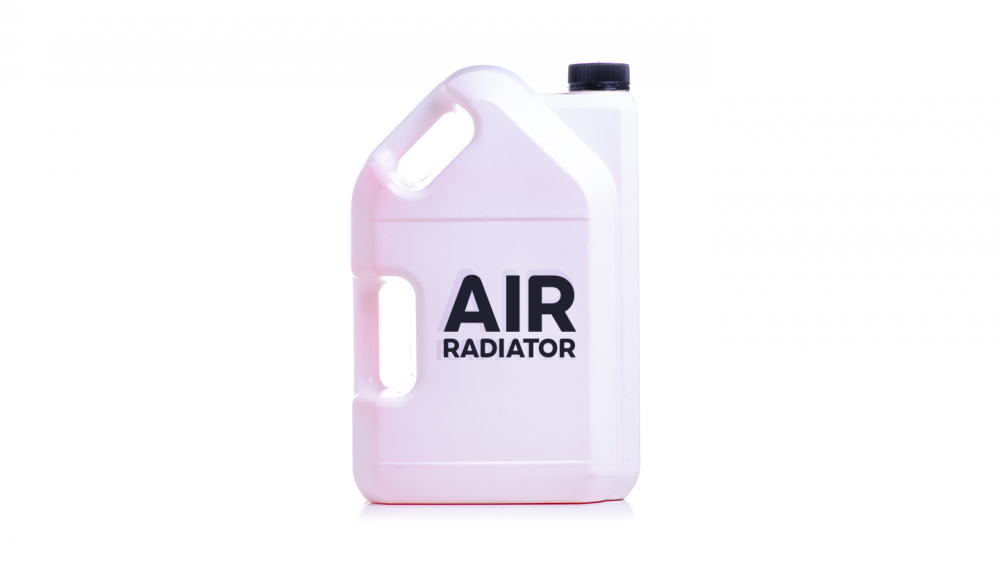
This is the most common cause of car temperature problems. Running out of radiator water can have a direct consequence on the engine cooling system, hindering it to work optimally. Paying attention to radiator water is very important. You should immediately fill more water to the radiator if you observe that it starts to subside so that you can prevent the engine from getting too much heat.
In addition to running out of radiator water, using the wrong kinds of radiator water can also trigger engine heat. Most car users only use plain or mineral water, which contains minerals and metals that can clog the radiator or the engine. We recommend that you always use a coolant radiator to ensure an optimal cooling process.
Radiator Problems
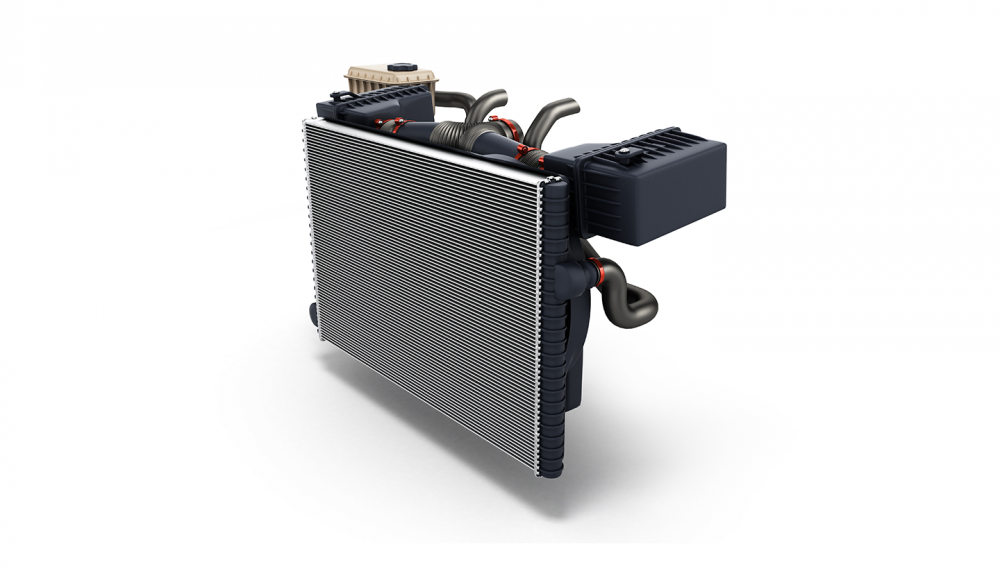
Baca Juga
The condition of the radiator is the second most common cause of engine overheat. Several conditions can cause the temperature of the car to rise, such as leaking, crusty, and jammed radiator hose. The radiator condition inhibits the proper circulation of radiator water, which is why the engine gets hot easily
Another cause is a leaky radiator due to the corrosion of the radiator grille. One of the causes of this leak is the incorrect use of radiator water, which results in the erosion of the radiator grille. As a result, the radiator cannot cool down the engine properly, subsequently causing a quick temperature rise.
Also read: Different Types of of Car Engines
Water Pump Problems
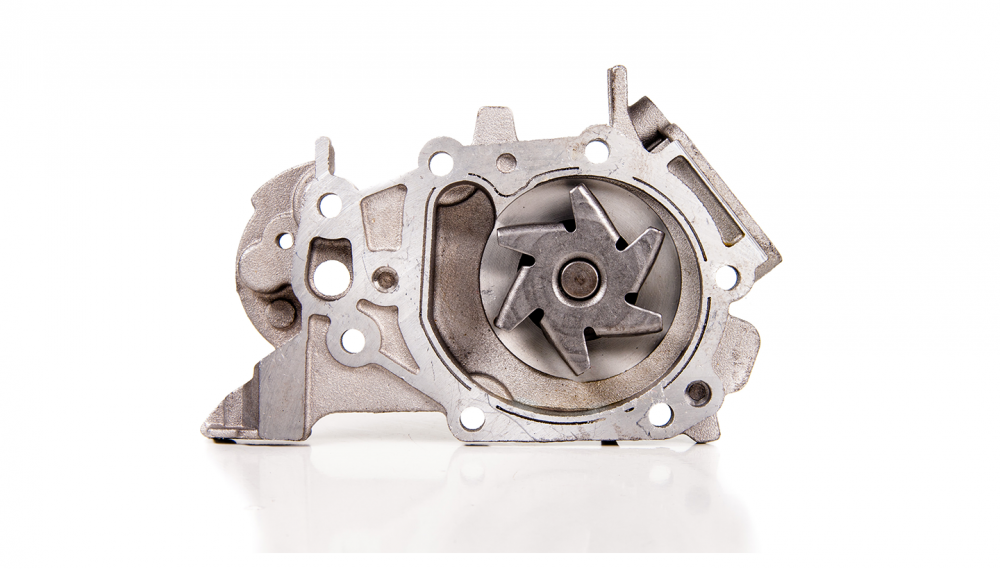
The water pump facilitates radiator water to flow throughout the engine and speeds up the engine cooling process. If the radiator water is too dirty or too much dirt builds up, this can prevent the flow of water through the pump. Therefore, the engine temperature will increase since the circulation does not properly run.
Oil
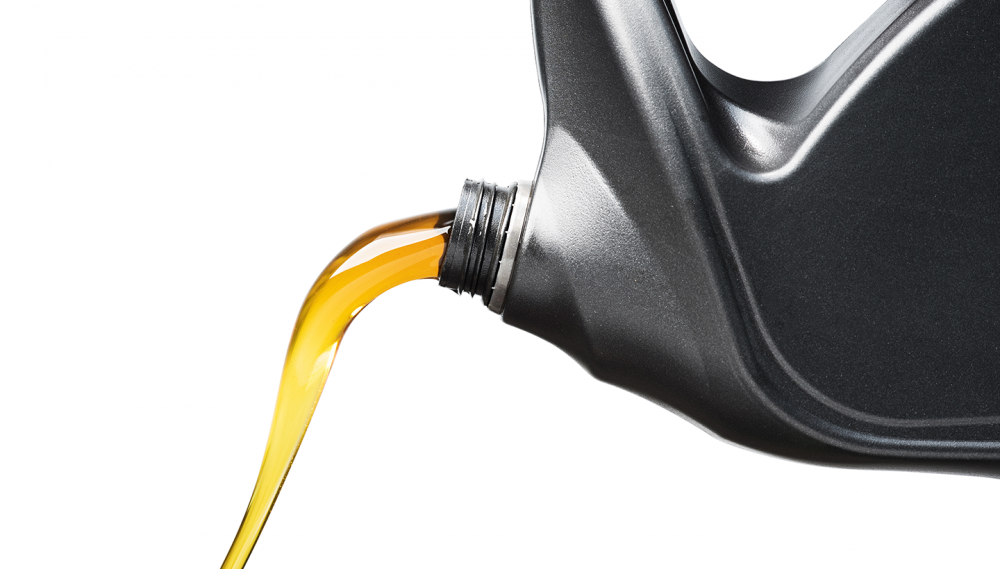
Baca Juga
In addition to lubricating the engine, vehicle oil helps to control the overall temperature. The Oil helps to reduce friction between metals in car engine components. In contrast, poor quality oil evaporates quickly and lubrication within the engine is hindered.
This friction causes heat in the car engine. Moreover, the oil level that is too low can also cause a temperature rise.
Thermostat Failure
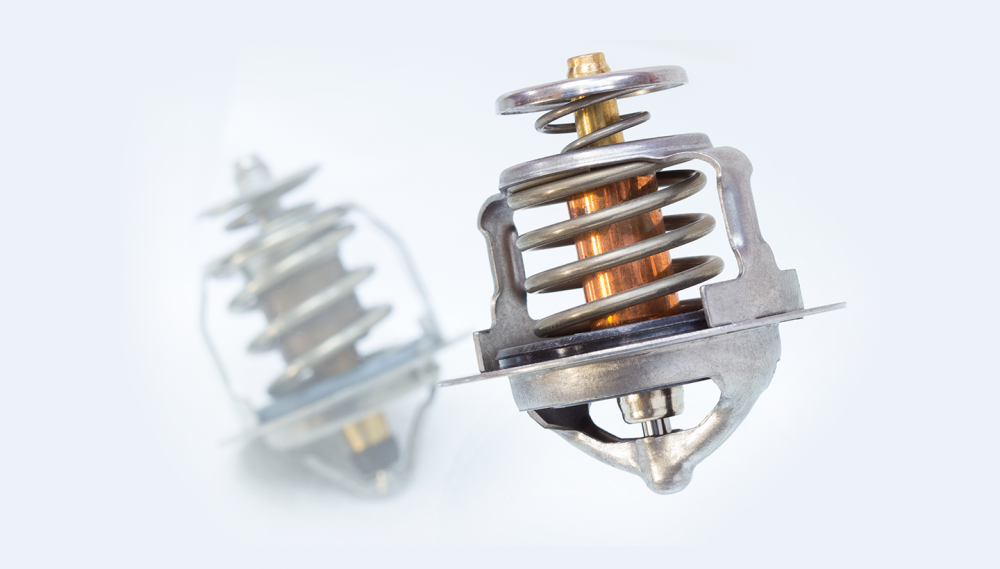
The thermostat in a car engine has a very important function, which is to regulate the engine temperature. Thermostat failure causes damage to the engine because the thermostat will not open even though the temperature rises. As a result, the engine cooling cycle will not work because the radiator water has stopped.
Also read: 4 Tips for Caring for A Turbo Engine On A Car
V-Belt or Fan Strap

The V-Belt or fan strap has a very important role, too, in stabilizing the car temperature. Problems with the V-belt may disrupt the water pump function. In some types of cars, it also interferes with the performance of the radiator fan.
Always check the condition of the V-belt so that it is always in good condition. If you see a cracked or torn condition, replace it immediately to avoid the risk of breaking while driving.
Radiator Fan Not Working
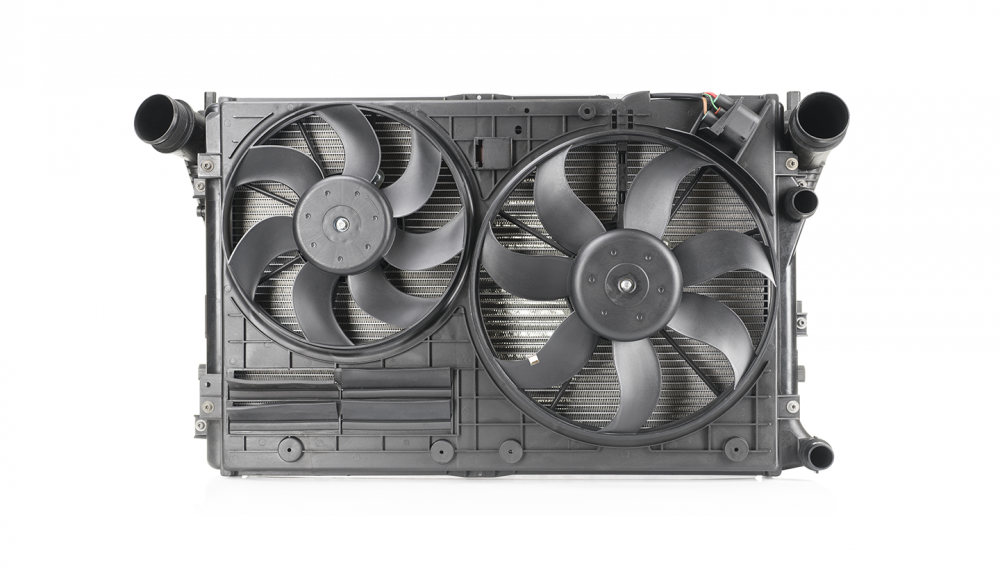
In some types of cars, the radiator fan is connected to the V-belt, so that when the V-belt function is disturbed, the radiator fan also stops working properly. However, in several types of cars, especially the latest series, the radiator fan utilizes electric power. Therefore, in the case of damaged, weakened, or even jammed switching, it can be highly disruptive to the cooling cycle of the car engine and cause it to heat up quickly.
So, Wuling Friends, it’s always good to perform periodic maintenance to check your car’s condition. Lack of maintenance on the things we mentioned above may become factors to your car temperature problem. Remember to have your car maintained regularly, ok!
SHARE:























